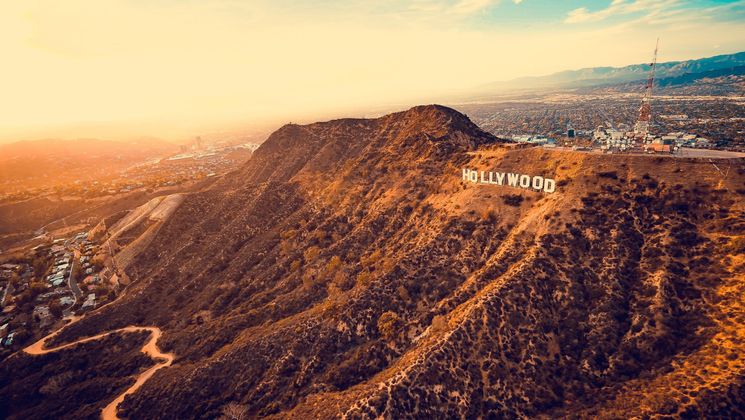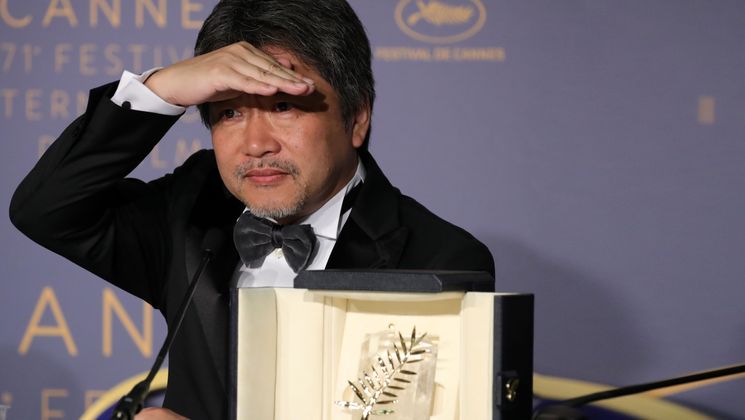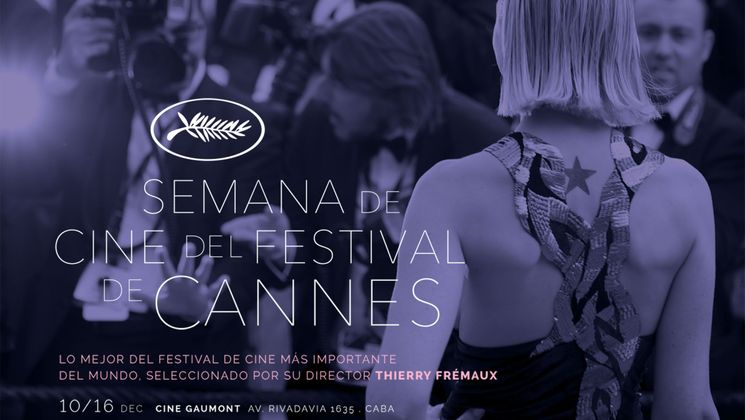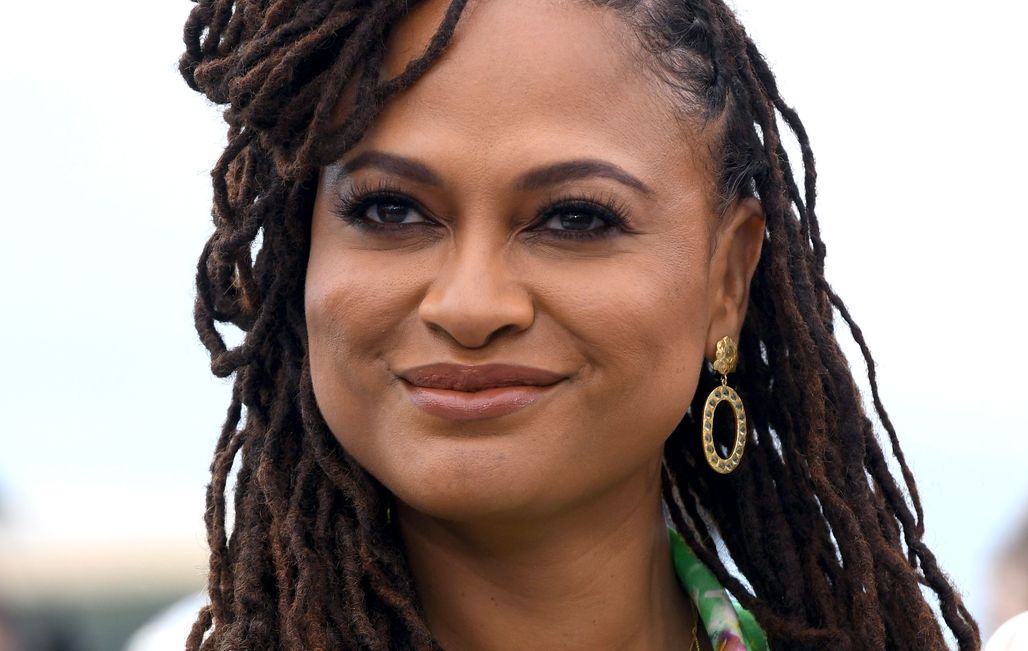
Close-up with Ava DuVernay, Feature Films Jury member

Riding high on the success of Selma, Ava DuVernay is leading the charge in the battle for more inclusive films. Whether on the big screen or digital platforms, documentary or fiction, series or clips – irrespective of the format, the gifted former journalist and communicator knows how to speak to her audience. The Jury member, tireless worker, popular and activist, talks about her battles, her inspirations and her cinema.
You’re the first black director to have been nominated at the Golden Globes for Selma and your documentary The 13th has been nominated for the Oscars. How do you interpret these signals?
I’m also the first black woman director to be in the Jury in Cannes and that’s a piece of history. It’s a beautiful thing for me but when I think of all the years that there have been wonderful directors who have been overlooked, it saddens me. So I make sure to always evoke their names, bringing thme with me, in spirit and in memory, and making sure that people know that I’m not the only one doing this and that there are incredible women who have come before me.
What will it take to make this situation completely normal? So we no longer have to focus on the first black, woman or transgender to win a prize?
We have to get through all the firsts and to do that we have to let more people in the room, have a seat at the table, have the opportunity to do these things.
“The only reason why these things haven’t happened is because the vast majority of the population have not been allowed to compete, to excel, to make films, to learn, to try, to fail, to do it! We need to bring the level up and get to equality sooner than later.”
Can you tell us about your ARRAY collective?
It’s an organisation that I started in 2008 to distribute the work of women and filmmakers who are people of colour. So we distribute the work of directors that the studios in America don’t care about. We put them in theatres, screens, museums, galleries, wherever we can play a movie. We develop audiences because we know for sure there are people who are interested in different kinds of voices all around the world.
Have your battles become harder in Donald Trump's America?
No. American cinema has been around for a hundred years. Not as old as French cinema but pretty long time. Many presidents and politicians, many heads of studios and generations of people have disregarded inclusion. It’s a longstanding problem.
What do you think of the introduction of quotas?
The entertainment industry has proven that it cannot diversify and be inclusive on its own. We have tried it for a hundred years. So we have to do something to create balance and equity. We have to adopt any creative solutions that can do that. If they had done what they were supposed to do, which is to welcome all kinds of people, Asian, women, African American, LGBT+, then ok, but they have said no to that, so we still have the same kind of people. So yes, there needs to be some drastic measures.
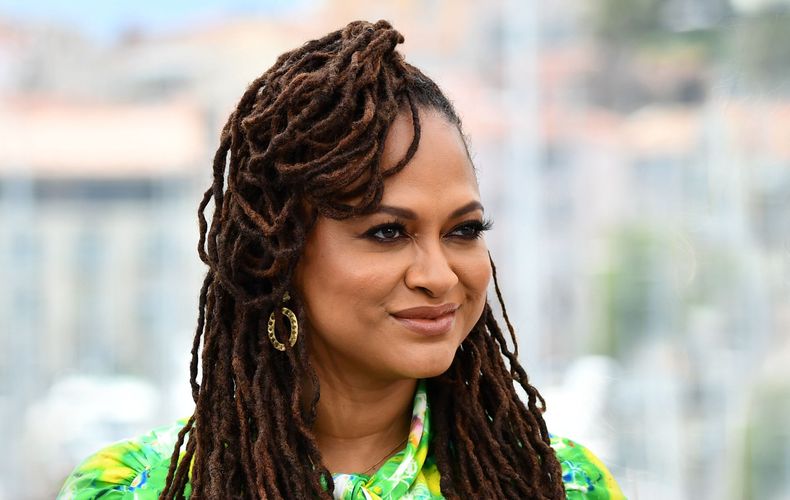
Ava DuVernay © Alberto Pizzoli/AFP
In what way can you bring a particular viewpoint to this Jury?
I like the fact that everyone in this Jury comes from a different places and different mindsets. I’m a woman, I’m an African-American woman, I’m a director, I’m of a certain age, all of those things feed into the way that I see cinema differently than Denis Villeneuve or Robert Guédiguian, Khadja Nin, Cate Blanchett… An actress may see a film differently than a director, woman may see a film differently than a man, but the beautiful thing is we also see things the same. Sometimes we have a particular point of view. I’ve learnt a lot from Andreï Zviaguintsev, an incredible director, an incredible person. It’s beautiful to hear all points of view in the group. It’s fun, it’s a fun Jury!
The visibility you have acquired today is above all due to your talent. Which artists have inspired your way of making cinema?
Agnès Varda! To be able to walk with her on the red carpet was incredible. She came to me and say, “Ava! I love Selma!” And I was like, “I can’t believe you know my name!” And she said, “I know your name and I know your work.” I almost cried… I had to keep it in because we were about to walk the steps. She has been a huge inspiration, I love her films, her voice, documentary, narrative, all different kind of forms, short form, long form… Jane Campion as well, Ethiopian filmmaker Hailé Gerima, I guess he would be my favourite filmmaker. Currently, there's a director that I love, Andrew Dosunmu, a Nigerian filmmaker.
You're adapting the famous New Gods comic book. How did you feel about translating them for the big screen?
I love the comic book. DC asked me to take a look at what they had, to see if there was a story that interested me. I said, “Is anyone doing New Gods?” They said “No”. I said “Me, me, me!” It’s such a huge epic story but not the most popular of the comics. Jack Kirby is a hero, he did incredible things to diversify comics. It’s about two very different planets that have to find a common enemy in order to fight a larger evil. There are so many parallels to where we are.
Last year we met Jessica Chastain, sitting where you are now. When asked who she dreamed of working with, she mentioned your name. After directing her in Jay-Z's Family Feud clip, could this go further?
Absolutely! She's so talented, so bright, so expressive, such a deep well of emotion. We care about so many of the same things. We worked together for one day and I’m addicted. So I hope I'll get another chance!
